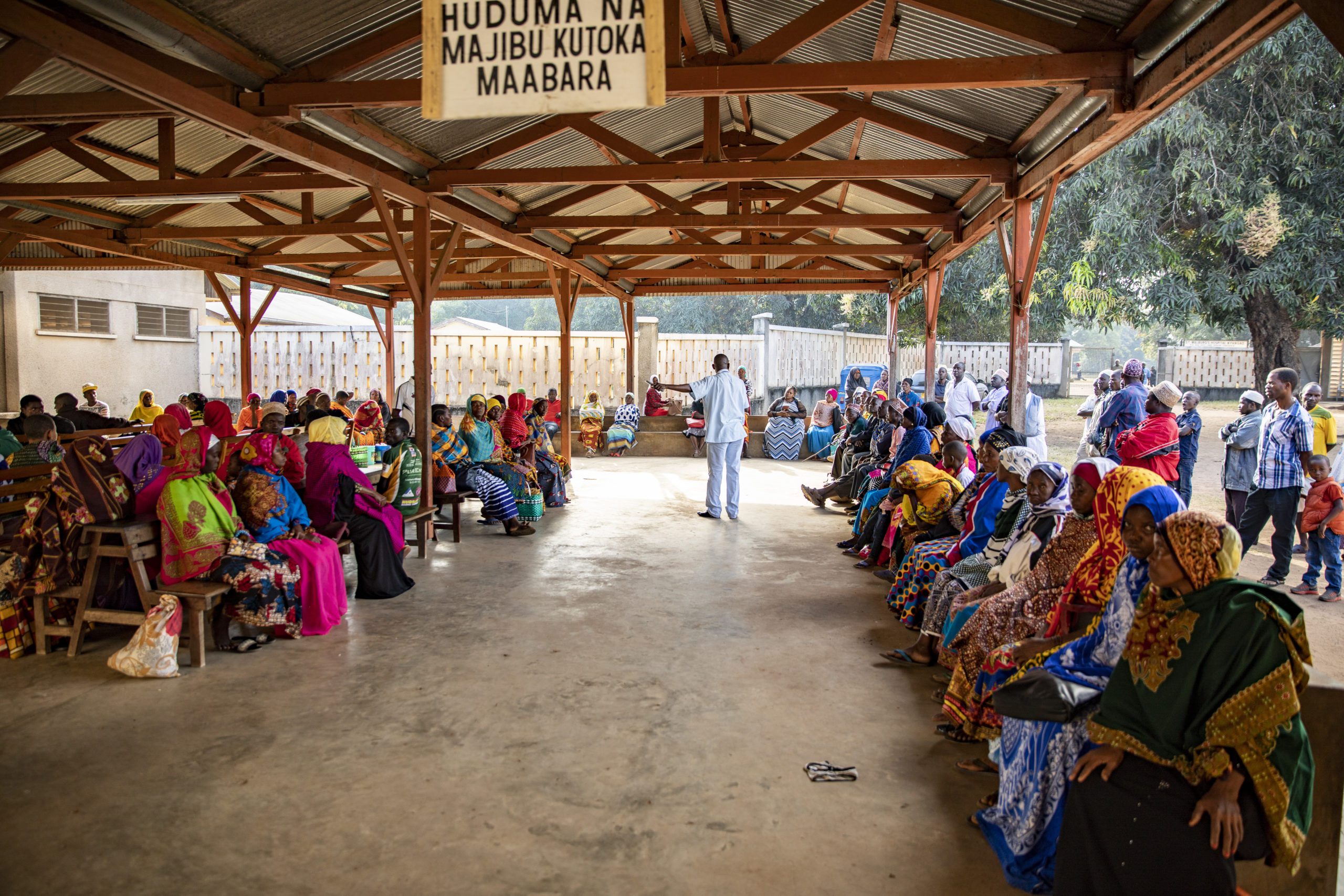The large glass doors open automatically when you enter the clinic. The bright air-conditioned entrance area is clean and smells of disinfectant. Signs point the way to various medical departments. Immediately to the right are two elevators, and to the left are several machines for charging chip cards that allow Internet use in the clinic. Next to it is the patient reception. Three friendly ladies behind windows ask about complaints, take insurance cards and read them. The data is processed, and slips of paper with precise details of where patients should go with their complaints are printed and handed out.
Every one of us is familiar with this. It seems to be taken for granted; we no longer even notice emergency lights on the floor, electrical outlets in the waiting room and sterilely lined trash cans. But it is not a matter of course. Germany ranks 12th in Europe in terms of its healthcare system (2019). In more than 85% of countries, the hospital standard is far below what we are used to.
There is no digital recording of patients and all associated data. Automatic doors and air-conditioned waiting areas are also absent. Not to mention Internet access for everyone. Even the garbage is not 'neatly' hidden in a waste separation system designed for this purpose.
In the entrance area of St. Walburg's Hospital in our project region Nyangao, Tanzania, the waiting people sit on small wooden benches - sometimes even outside on the dusty floor. The plaster is peeling off the walls. The friendly staff is right there.
This first obvious difference is, of course, also reflected in other areas of the hospital: in an average German operating theater there are up to 10 state-of-the-art monitors; 30 - 40 power sockets in a delivery room. One looks in vain for such equipment here. Energy consumption per hospital bed in Germany is 6,000 kWh of electricity and 29,000 kWh of heat per year - higher than that of a single-family home (klinergie, 2020). Unimaginable figures for our colleagues in Tanzania. Here, people are happy if there are no prolonged power outages. However, a properly functioning energy supply can be decisive for the success or failure of an operation, and in an emergency can even mean the difference between life and death.
A situation that we naturally wanted to improve. That is why we have been working with many competent partners over the past few years to improve the technology at St. Walburg’s Hospital and ultimately, after long preparations, we were able to start on site in the fall of 2021. In the coming weeks, we will tell you all about our experiences.



